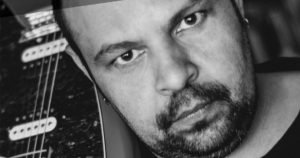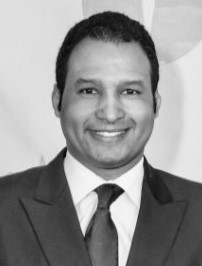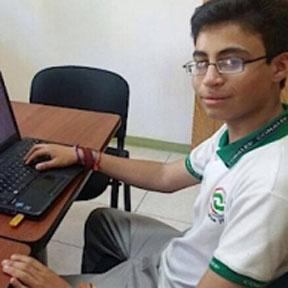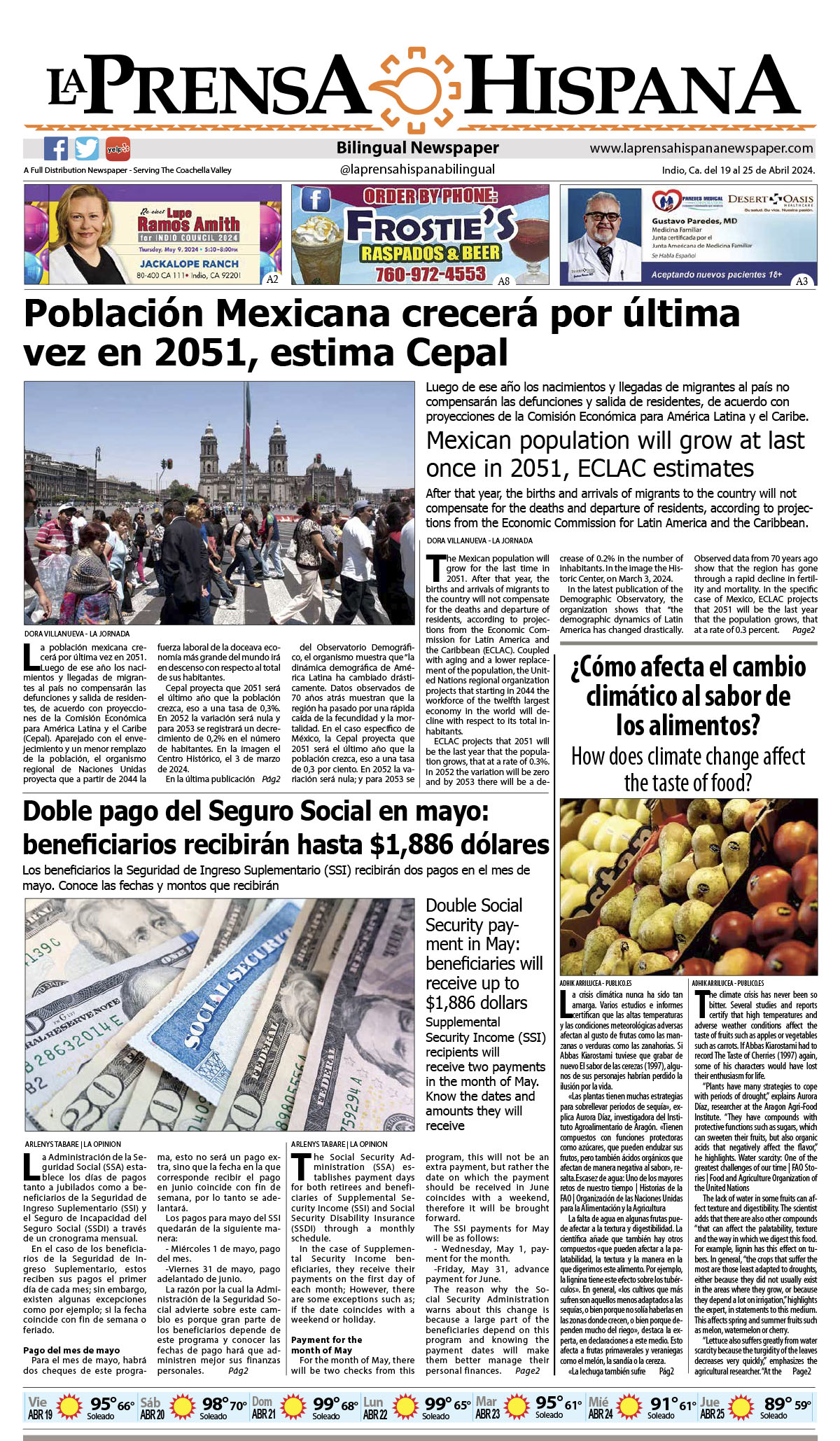
Anhelo de Eternidad
Longing for Eternity
Una gran paradoja del profundo materialismo humanista que se vive hoy es que, mientras se proclama con orgulloso cientificismo que todo apareció por casualidad más tiempo y que —por tanto— sólo somos eventualidades pasajeras de un universo sin sentido, anidamos en nuestra alma un profundo anhelo de eternidad.
Nunca actuamos como los seres finitos que decimos ser. Los humanos nos rebelamos frente a la realidad de la muerte y, aunque vivamos queriéndolo ignorar, bien podría salir de nuestro interior el mismo grito de Miguel de Unamuno, el ilustre rector de la Universidad de Salamanca en España:
“No quiero morirme, no, no quiero ni quiero quererlo; quiero vivir siempre, siempre, siempre, y vivir yo, este pobre yo que me soy y me siento ser ahora y aquí”.
(Del sentimiento trágico de la vida)
Tampoco nos preguntarnos con seriedad: ¿Cómo es que, en una esencia finita (nosotros), se puede generar un anhelo de infinitud? ¿Cómo es que —en palabras de Kundera, se nos hace “insoportable la levedad del ser”? Si los presupuestos humanistas son correctos, esto no tiene sentido. Lo temporal no tendría por qué anhelar lo eterno, ni siquiera debería tener conciencia de lo eterno.
Pero la realidad es que anhelamos la eternidad como las plantas anhelan el sol, y que esto nos genera una rebelión absoluta contra el hecho de que un día volveremos al polvo de donde vinimos.
Aun así, pocos se hacen la gran pregunta: ¿Es acaso la conciencia de eternidad que tenemos una evidencia de que no fuimos creados para morir? ¿Es posible que nuestro inmenso anhelo de eternidad nos hable más sobre nuestro origen que la incoherente teoría del big bang?
Seamos sinceros, ni tú ni yo creemos realmente que somos “nada”. Aun cuando un premio novel como Jacques Monod dijera en 1970 que “el universo no estaba preñado de significado ni de vida, […] nuestro número salió a la manera como salen las cifras en los juegos de Montecarlo”.
No sólo creemos que tenemos sentido, lo sabemos. Y, por eso, al igual que Salomón, el más sabio de la historia, podemos dar testimonio de que el diseñador “ha puesto eternidad en nuestro corazón” (Ecl.3:11).
Al final, tendremos que decidir entre las abundantes, pero extrañas, voces que nos repiten con persistencia que no somos “nada”; o esa voz permanente y familiar que clama desde nuestro interior, una y otra vez, que somos hijos de la eternidad.
A great paradox of the profound humanistic materialism that is lived today is that, while proudly scientism is proclaimed that everything appeared by chance over time and that —therefore— we are only passing eventualities of a meaningless universe, we nest in our soul a deep yearning of eternity
We never act like the finite beings we claim to be. Humans rebel against the reality of death and, although we live wanting to ignore it, the same cry of Miguel de Unamuno, the illustrious rector of the University of Salamanca in Spain, could well come from within us:
“I don’t want to die, no, I don’t want to nor do I want to love him; I want to live always, always, always, and live myself, this poor me that I am and I feel myself to be now and here”.
(The tragic sense of life)
Nor do we seriously ask ourselves: How is it that, in a finite essence (us), a yearning for infinity can be generated? How is it that —in the words of Kundera— we find “the lightness of being unbearable”? If the humanistic presuppositions are correct, this does not make sense. The temporal should not yearn for the eternal, it should not even be aware of the eternal.
But the reality is that we yearn for eternity like plants yearn for the sun, and that this generates in us an absolute rebellion against the fact that one day we will return to the dust from which we came.
Even so, few ask themselves the big question: Is it perhaps the consciousness of eternity that we have evidence that we were not created to die? Is it possible that our immense longing for eternity tells us more about our origin than the incoherent theory of the big bang?
Let’s face it, neither you nor I really believe that we are “nothing”. Even when a novel prize like Jacques Monod said in 1970 that “the universe was not pregnant with meaning or life, […] our number came out the way numbers come out in Monte Carlo games”.
We not only think we make sense, we know it. And so, like Solomon, the wisest in history, we can testify that the designer “has set eternity in our hearts” (Eccl.3:11).
In the end, we will have to decide between the abundant, but strange, voices that persistently repeat to us that we are “nothing”; or that permanent and familiar voice that cries from within us, over and over again, that we are children of eternity.

























